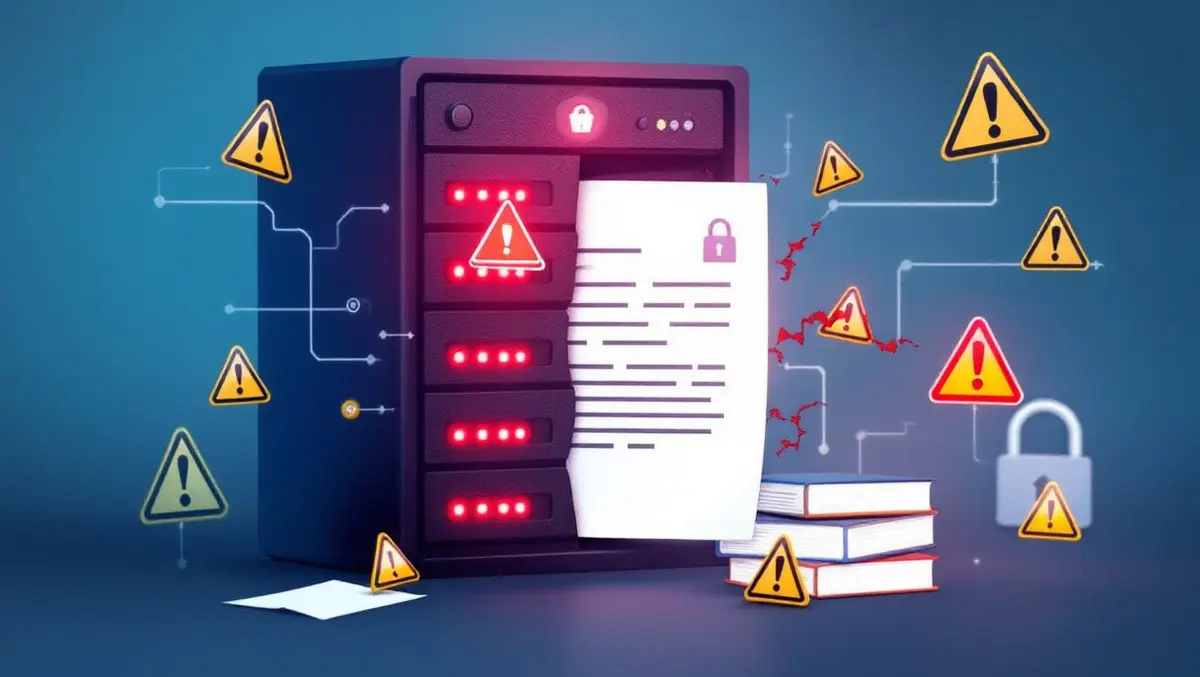
Personal data breach at rights commission triggers new alarm
The Australian Human Rights Commission is facing a significant data breach after private documents containing sensitive personal data were exposed online and subsequently indexed by major search engines. The incident has raised alarm over the security of confidential information entrusted to government-adjacent organisations and highlighted ongoing risks stemming from misconfigured digital systems.
According to information provided by cyber security professionals, approximately 670 documents were involved in the breach, with around 100 being directly accessed after appearing in search engine results. The leaked information includes names, contact details, health records, and employment information—data the Commission routinely receives via attachments uploaded through online web forms.
Experts suggest the exposure was likely not the work of a deliberate external attack, but rather the result of a server misconfiguration. In this scenario, poorly set access controls meant that files intended to remain confidential became inadvertently accessible and searchable over the internet. Failure to remove outdated or unnecessary data exacerbated the situation, leaving private documents susceptible to unauthorised retrieval.
Andrew Costis, Engineering Manager of the Adversary Research Team at AttackIQ, emphasised the need for more vigilant security practices across publicly accountable organisations. "The breach should serve as a reminder, especially to government-adjacent organisations, that implementing proactive cyber defence measures is the only way to keep sensitive civilian data secure," Costis said. He warned that attackers are constantly refining their methods and seeking out overlooked vulnerabilities. "Organisations must implement solutions that can help them pinpoint exactly where vulnerabilities lie before hackers can expose sensitive information."
Alastair Miller, Principal Advisory Consultant at Aura Information Security, echoed these sentiments, asserting that rigorous, proactive security testing is essential in detecting and addressing system weaknesses before information is at risk. Miller noted, "This breach was not the result of a malicious attack but rather it likely stems from a server misconfiguration which allowed external parties to search and extract files that should have been protected." According to cyber experts, such misconfigurations are a frequent issue, especially in organisations that do not conduct regular penetration testing or thorough security audits.
The scale of this incident has underscored the importance of diligent digital housekeeping, such as removing outdated files and ensuring robust security controls are in place for all web-facing applications. Miller advised, "Implementing safeguards such as Web Application Firewalls can significantly reduce the risk of unauthorised searches, making exploitation far more difficult. A poorly secured server directly exposed to the internet can have its files indexed by simple scripts, without the need for advanced attackers."
The Australian Human Rights Commission's role in handling and safeguarding sensitive personal information makes the breach particularly concerning. While there is no evidence that advanced threat actors exploited the misconfiguration, the presence of highly confidential data now in the public domain renews questions about best practices and regulatory oversight. Cyber security specialists maintain that the findings highlight an urgent need for all organisations—especially those dealing with vulnerable populations—to prioritise security from the outset.
The Commission is reportedly taking steps to address the weaknesses and to mitigate potential harm to affected individuals. No statements have been made regarding potential disciplinary action or further investigations, although regulatory bodies are likely to scrutinise the breach and its causes in the coming weeks. Calls for more investment in digital defences are intensifying, as is the chorus urging all organisations to treat their responsibility to protect personal data with the utmost gravity and vigilance.


